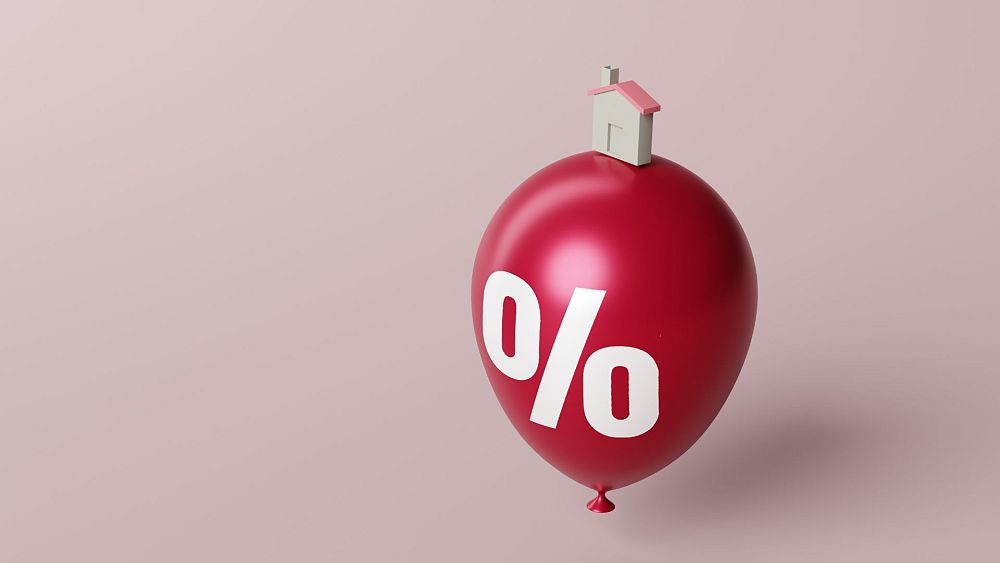The U.S. housing market is currently experiencing a decrease in affordability due to high mortgage rates and stubbornly high prices, with affordability levels lower than during the 2006 housing bubble; however, experts do not predict a crash in the market due to a shortage of homes and a more stable lending environment.
The crashing office real estate market in America's largest cities is putting them at risk of an economic "doom loop" with potential consequences including higher tax rates, property value declines, and financial trouble for banks.
Tel Aviv's housing market is considered overvalued, but less so than previously, due to high interest rates and inflation impacting property prices, according to UBS's Global Real Estate Bubble Index for 2023. Tel Aviv, along with several other cities, is at risk of a market correction.
The global risk of housing bubbles has significantly decreased in 2023, with only two out of 25 cities surveyed being at risk, down from nine in previous reports, due to rising interest rates and the end of cheap financing in the real estate sector.
Home prices in Tokyo and Zurich are considered to be in bubble territory, and two US cities, Miami and Los Angeles, are overvalued, due to the impact of rising interest rates on housing markets worldwide. Other cities at risk of declines include Tel Aviv, Munich, Hong Kong, Geneva, and Frankfurt, where prices relative to rent values have become too extended.
The strain from interest rate hikes is starting to impact the real estate market, particularly in Germany and London, as well as the Chinese property sector; corporate debt defaults are increasing globally; banking stress remains a concern, especially regarding smaller banks and their exposure to commercial real estate; and the Bank of Japan's tighter monetary policy could lead to a sharp unwind of investments, potentially impacting global markets.
Germany's housing market is experiencing a decline, with residential home prices falling by 9.9% year over year, making cities like Berlin, Leipzig, Munich, and Hamburg attractive for luxury buyers due to their long-term growth potential and more diverse economies.
The housing market is currently considered overvalued, with homes selling above their long-term prices in most major markets, but experts disagree on whether this indicates a housing bubble or if high prices are justified due to the housing shortage and strong demand. The fear of buying at the peak of the market and concerns about rising mortgage rates are factors influencing buyer decisions, but if rates come down, it could lead to an increase in prices. While there is a possibility of a price correction, most experts do not expect another housing crash like the one experienced during the Great Recession.
The housing market is currently in a bubble with high prices detached from demand, but it is unlikely to burst and a gradual deflation of the bubble would be beneficial, according to former regulator Sheila Bair.
